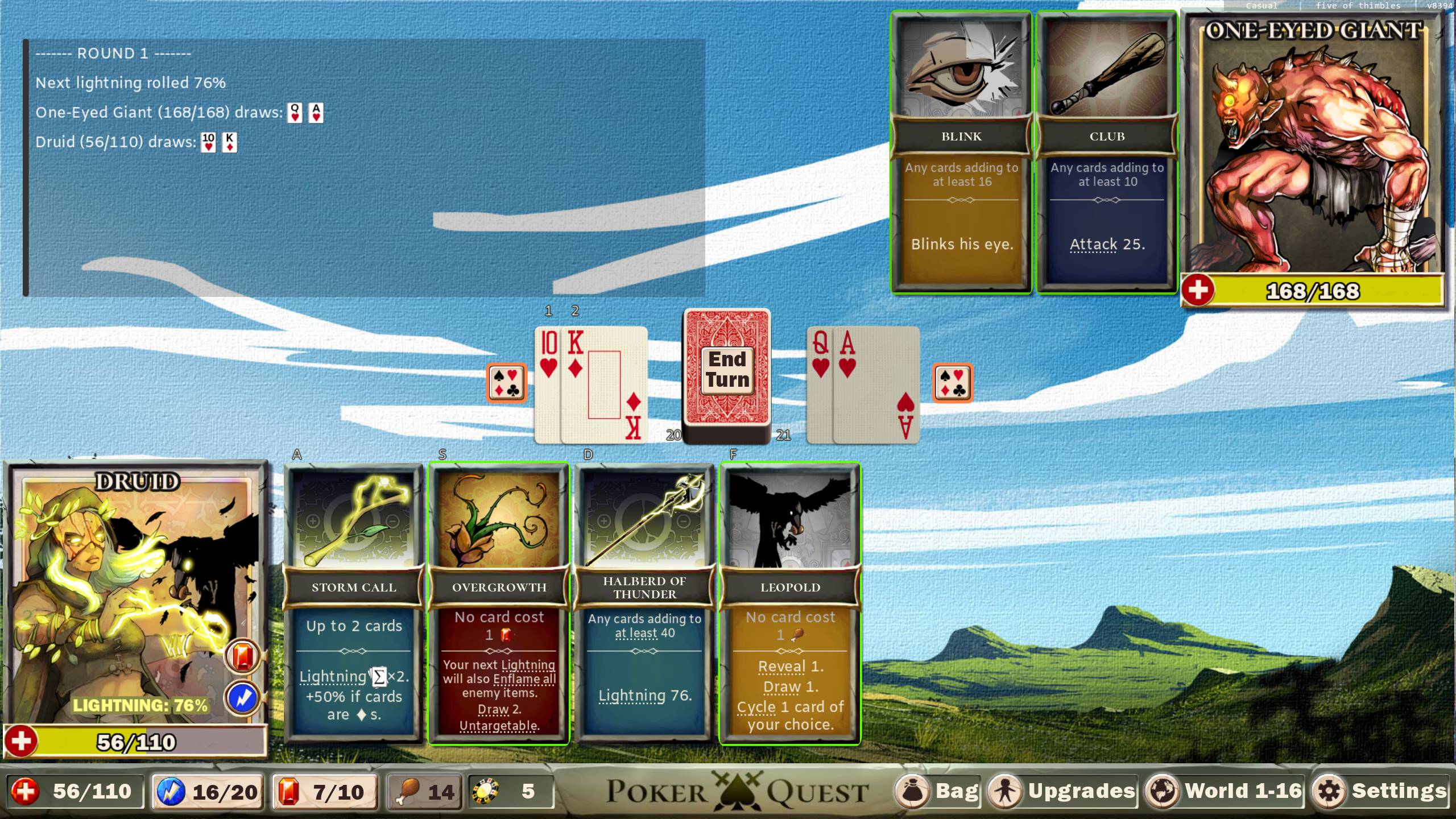


Poker in fiction is typically played for open stakes, meaning that when the hero's four-of-a-kind is up against the villain's straight flush, the hero will end up borrowing vast amounts of money to bet with, being forced to come up with a wacky scheme to repay the resulting debt.Seems to happen more in drama than in comedy.

Rule of Perception is that any plot-important tell has to be clear and visible so the audience can see it, but it often ends up so obvious that viewers are left wondering how the person in question got to be such an expert. a subconscious move they make when they are bluffing, or have a good hand). Expert poker players who must be defeated by the hero always have a 'tell' (i.e.(Also see Bested at Bowling.) It's true that there is a factor of luck involved in poker, but it's not enough to make up for lack of skill. The amateur can often be seen beating "veterans" of the game.But in fiction, you're likely to see all the remaining players show their hands, each stronger than the last. Showing your hand gives information to the other players about how you play, like telling them whether you were bluffing, so a good player doesn't actually do it if they don't have to. note In real life poker, the hands actually shown are likely to be ascending in strength-because if a player's hand isn't good enough to beat all the hands seen so far, they'll say something like "beats me" without showing the hand. Exception: the person puts their cards down and the other player concedes defeat without showing their own cards - because they're throwing the game.
Poker quest vampire full#
(See also: Assumed Win) Very often you see the players showing their hands in ascending strength, like player A two pair, player B three of a kind, player C full house, player D takes the pot with with four of a kind. Especially if they've got such a good hand they don't even wait to see the other person's cards before they start cackling and raking in their winnings.


 0 kommentar(er)
0 kommentar(er)
